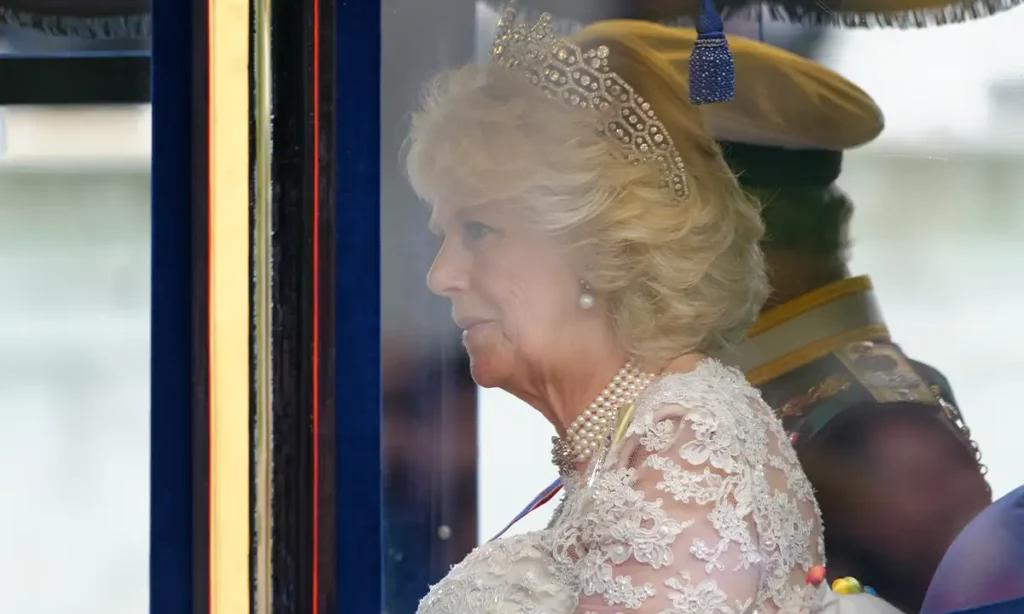So what happens to Camilla when King Charles Passes Away?

It was in 2022, during the Platinum Jubilee, celebrating the 70th Anniversary of the accession of Queen Elizabeth II, the decision was made that Camilla, The Duchess of Cornwall, would be granted the title of Queen Consort when Prince Charles III becomes King. Sadly, it was only later that same year in September 2022, that her seventy-year reign ended with the Queen’s passing.
We now know that upon the passing of the Queen, Prince Charles Immediately became King, and as per the wishes of the late Queen, Camilla’s title changed to Queen Consort.
Unlike Queen Elizabeth who became Queen at just twenty-five years of age, King Charles III, now 74 years old is only one year into his new role, at a time when many his age are enjoying early years of retirement. This being the case, it is fair to wonder in the event of King Charles III passing, what would occur? Would Camilla remain a Queen and if not, how would her life change?
One thing we know about the Royal Family is that they plan well ahead for such inevitable life events and whilst we may not be privy to all the information, we know that details surrounding plans for the death of King Charles and the state funeral are referred to in “Operation Menai Bridge”.
As Queen Consort, Camilla is Royal by marriage, rather than birthright or any bloodline. In the event of King Charles passing before her, her title would change to Queen Dowager, which by definition, is the widow of a King. She would likely continue being involved in one of the many charities she has raised awareness of and supported over the years. Some suggest that given Camilla enjoys gardening and outdoor activities, she may retire to her private residence at the Ray Mill House in Wiltshire, England.
It should come as little doubt that Prince William and Princess Catherine’s popularity of the years has continued to rise, breathing new life and perspective into the Royal Family whilst maintaining and being respectful of traditions.
Succession to the Throne goes to the firstborn child of the King or Queen, and their children. This is then followed by the next oldest sibling and their children and so on. In 2013, the introduction of the Succession to the Crown Act saw an end to many years of discrimination against women, whereby male heirs, even when younger, could take the place of an elder daughter who was next in line of succession.
Prince William, the eldest son of King Charles III would become King, upon the passing of King Charles. Catherine, Princess of Wales would then have her title changed to Queen Consort. As a result of the Act, this means, that in the case of William becoming King, Prince George would then be next in line, followed by Princess Charlotte and then Prince Louis.
So where does Harry fit into all of this? Well, after all, three of William and Kates’s Children, Prince Harry, the Duke of Sussex is next in line, followed by his two children, Prince Archie and Princess Lilibet. But did you know in the event that Prince George, who in the case of Prince Williams passing, would be next in line of succession was under the age of 18 years old age at the time, Prince Harry would be called upon and appointed as his Regent? This is essentially the person who performs all the duties and royal functions of a King until Prince George turns eighteen.
Whilst enthusiasm and overall support for the monarchy continue with older generations, we look forward to seeing how King Charles and eventually Prince William can engage young Britain and people around the world, to ensure support for Royals for many years to come.







Have your say